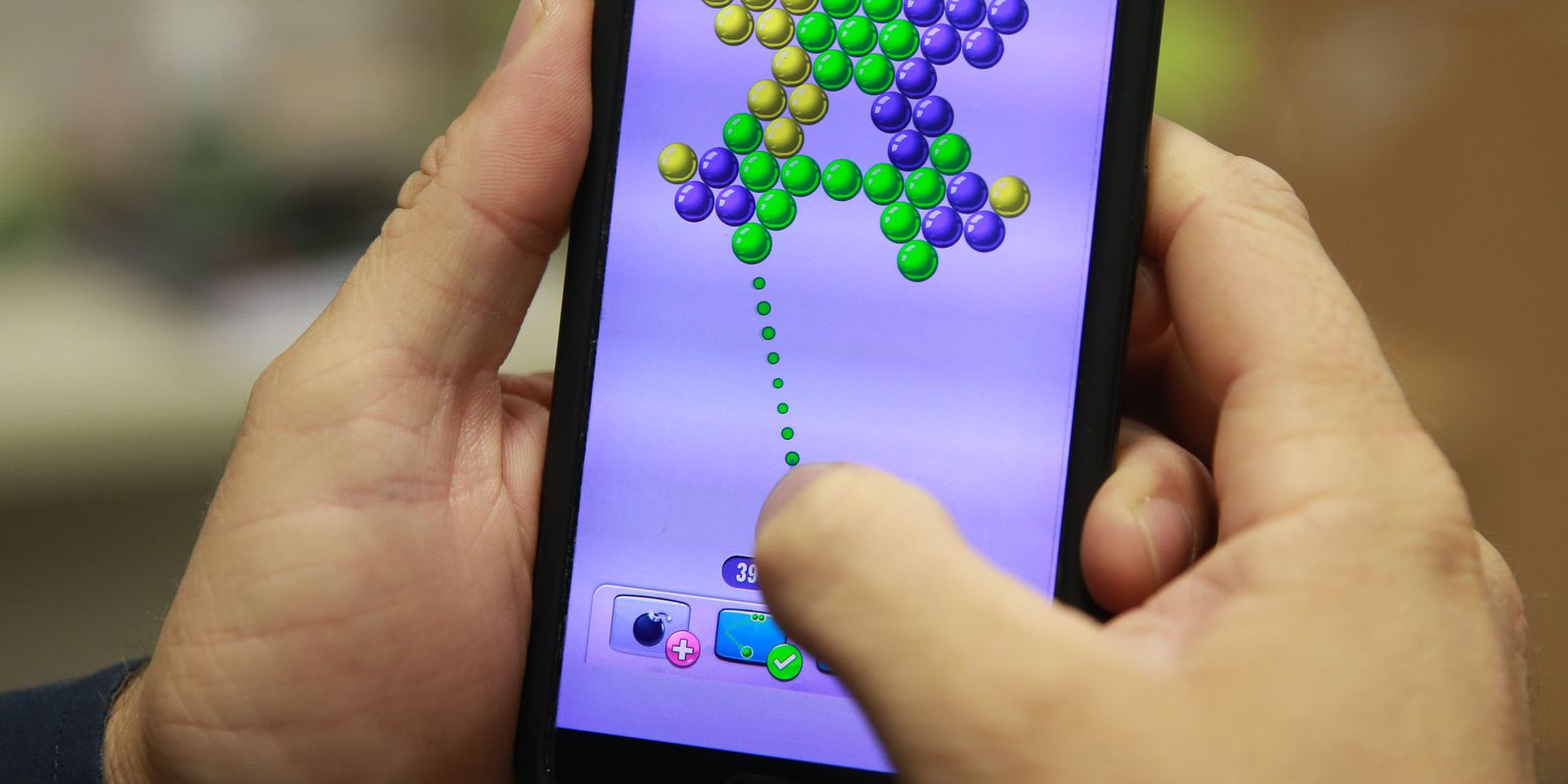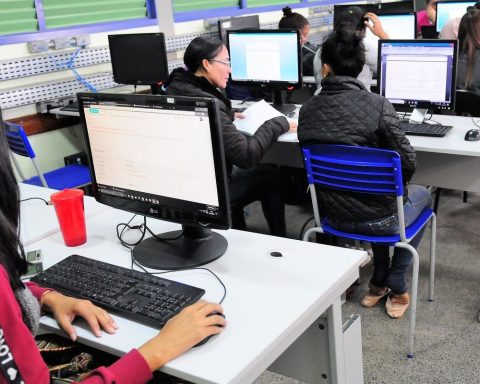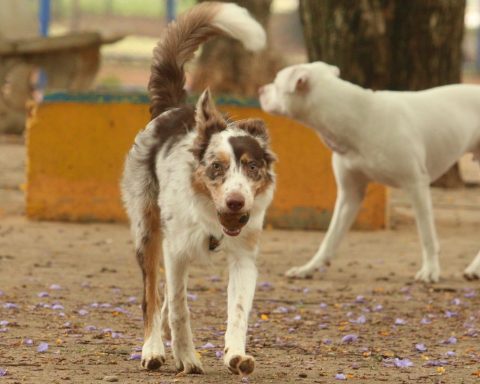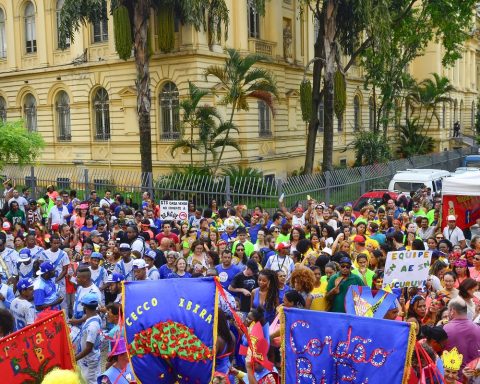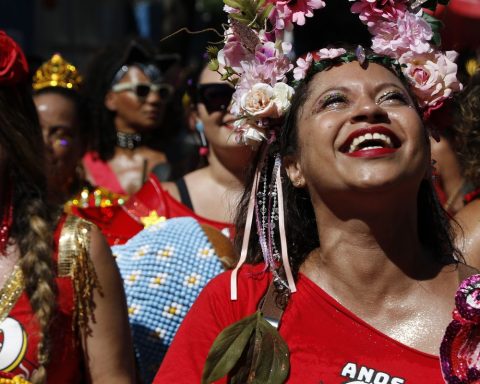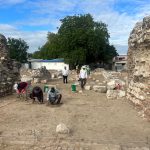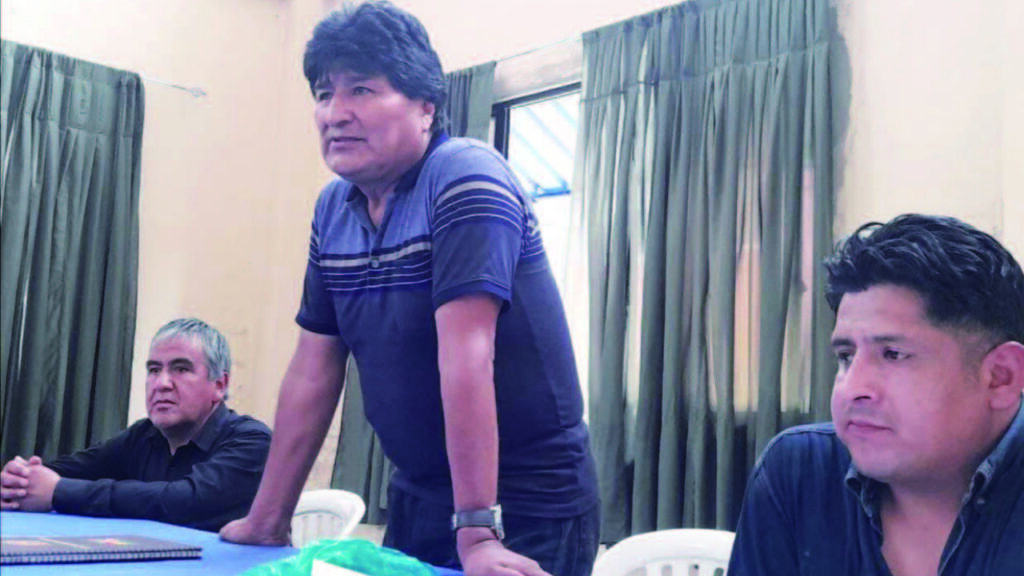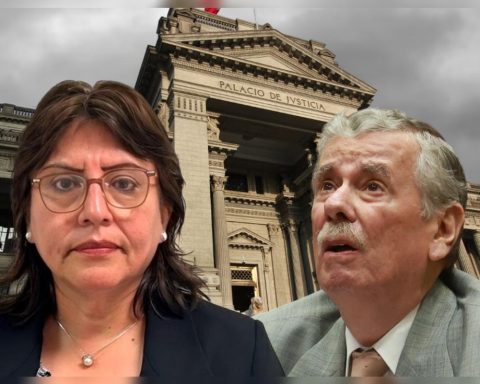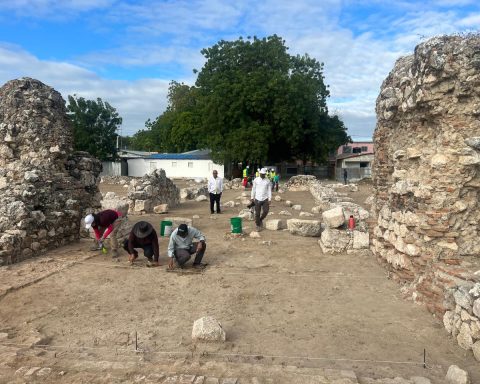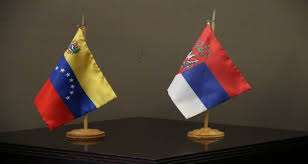the transmission of live about the Declaration of Human Rights, their rights and duties through the non-governmental organization (NGO) channel Our Cinema on Youtube, last week, marked the launch of the Ginga Project – Inovar para Transformar.
In its first edition, the project aims at professional training online free in audiovisual, games (games) and digital culture for young people aged between 18 and 29 from the cities of Itaboraí, Macaé and Duque de Caxias in the state of Rio de Janeiro.
THE live Professor Ana Claudia Tavares, from the Center for the Study of Public Policies on Human Rights and the Postgraduate Program in Public Policies on Human Rights, at the Federal University of Rio de Janeiro (UFRJ) was invited as a guest.
The coordinator of youth projects at Cinema Nosso, Gabriela Gonçalves, recalled that the covid-19 pandemic has brought challenges in the area of education, to reach students who often do not have access to adequate technological tools. To promote social transformation, the NGO believes that technology and culture must be part of the learning process.
Registrations
The process of publicizing the project has already begun. the inscriptions online will start in March and selection will take place in April. Trainings will begin in May.
The expectation is to serve at least 180 young people from the three municipalities, 60 in each training course. Both live and recorded classes will be offered. “The project works a lot with technical training and will develop the professional skills of young people to work in the audiovisual market and new technologies”, said the coordinator.
The training will also be aligned with human rights. Soon, new content will be made available on the relationship between human and audiovisual rights and human rights and games.
At the site www.cinemanosso.org.br and on its social networks, the NGO provides free material for young people. Cinema Nosso is a sociocultural institution that has been working with youth and adolescents for 20 years, “with the aim of democratizing audiovisual, cinema, new technologies and game. The Ginga project is aimed at training more young people in these areas, mainly from peripheral areas”, highlighted Gabriela.
Foundation
The institution was founded in 2000 by seven young people who realized, at the time, that there was a lack of identity in the audiovisual market, based on the film God’s city. Currently, it is an innovation and technology center that offers several projects for children and youth, accompanied, in parallel, by a life or career project and the socio-emotional development of young people.
Recognized as one of the largest popular audiovisual schools in Latin America, with more than 10,000 young people graduating from its courses, the institution has awards such as the 11th China International Children’s and Itaú-Unicef.
The Ginga Project – Inovar para Transformar is sponsored by Petrobras, the Rio de Janeiro government, the State Department of Culture and Creative Economy, through the Culture Incentive Law.
